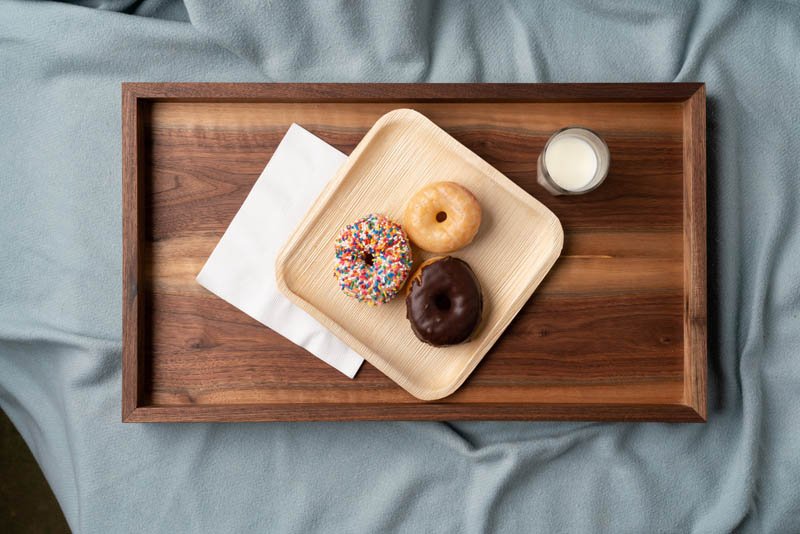7 Things You Can Do For Pollinators
1. PLANT FOR POLLINATORS
- Habitat opportunities abound on every landscape – from window boxes to acres of farms to corporate campuses to utility and roadside corridors – every site can be habitat.
- Utilize plants native to your area (or at the least, noninvasive for your area).
- Utilize the Ecoregional Planting Guides and the Garden Recipe Cards to create or enhance your pollinator garden. Decide among the plant material options - seeds, plugs, plants or a combination.
- Know your soil type and select appropriate plant material. Plant in clusters to create a "target” for pollinators to find. Plant for continuous bloom throughout the growing season from spring to fall. Select a site that is removed from wind, has at least partial sun, and can provide water.
- Allow material from dead branches and logs remain as nesting sites; reduce mulch to allow patches of bare ground for ground-nesting bees to utilize; consider installing wood nesting blocks for wood-nesting natives.
2. REDUCE OR ELIMINATE THE IMPACT OF PESTICIDES
- Check out the Pesticides Learning Center on the Pollinator Partnership website to learn more about the interactions between pollinators and pesticides!
3. REGISTER AS A BEE FRIENDLY FARMING GARDEN
- Register your home or community garden with Bee Friendly Farming Garden to showcase your commitment to pollinator health!
- Along with your registration, you can opt to receive your very own BFF Garden sign, to encourage others to do the same.
- Your registered garden will appear on the Bee Friendly Farming map, along with any photos you choose to submit.
- Apply here! Additional information can be found at www.pollinator.org or by contacting info@pollinator.org.
4. REACH OUT TO OTHERS – INFORM AND INSPIRE
- Utilize all the materials available to help you tell the story of pollinators
- Especially during National Pollinator Week (June 20 - 26, 2022)
- Tell local and state government officials that you care about pollinator health
5. SUPPORT LOCAL BEES AND BEEKEEPERS
- Buying local honey supports the beekeepers in your area
- If you're concerned about the number of chemicals use in agriculture, buy organic.
- If you're concerned about contributions to global carbon emissions, buy local.
6. CONSERVE ALL OF OUR RESOURCES; USE LESS AND REDUCE YOUR IMPACT
- Pollinators are dramatically affected by extremes in weather
- Climate change puts pressure on native ranges and overwintering sites.
7. SUPPORT THE WORK OF GROUPS PROMOTING SCIENCE BASED, PRACTICAL EFFORTS FOR POLLINATORS




